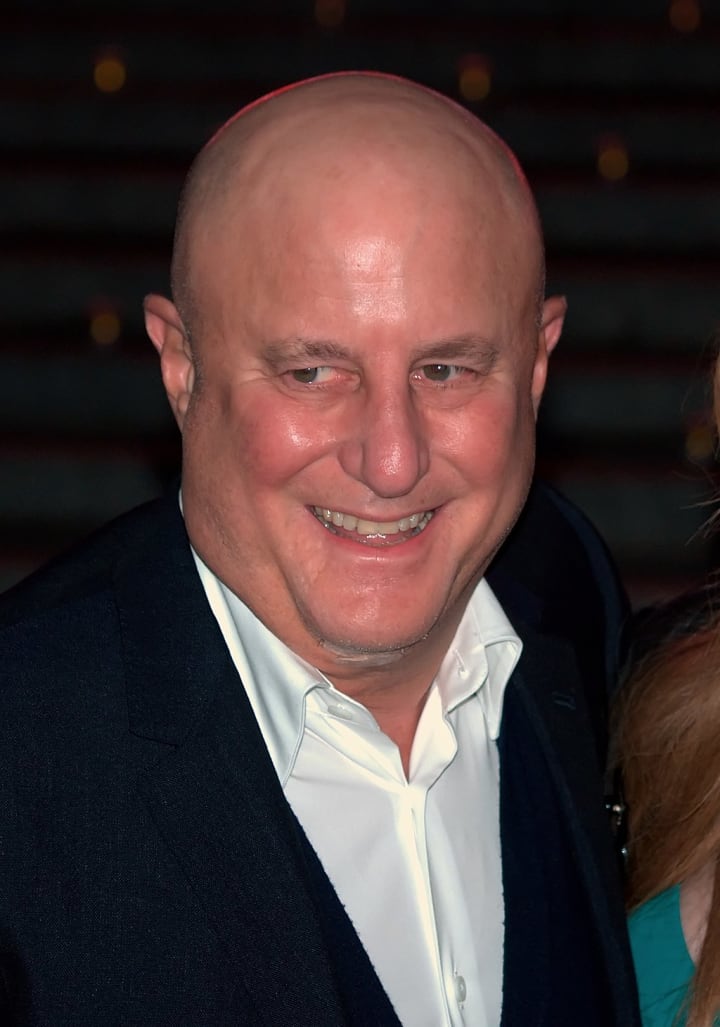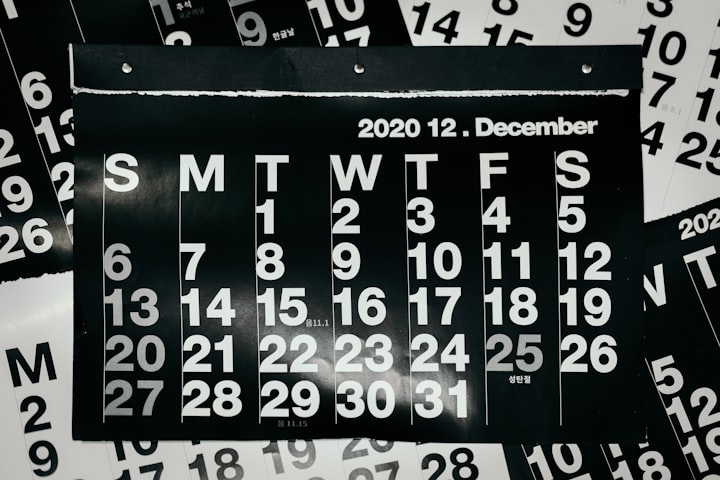The MCU has been a huge success, but not everything this comic book company touches turns to gold! Welcome to WatchMojo.com, and today we’ll be counting down the "Top 10 Mistakes Marvel Wants You to Forget."
For this list, we’ll be looking at business mistakes, bad branding decisions, and mishandled situations which, given the fallout, Marvel likely regrets and wishes they’d approached differently.
It’s no secret that comic book creators have long gotten the shaft when working for a major publisher. For decades, the rule was that writers and artists create characters, but their employer owns the rights to them. In the early 90s however, a group of writers and artists working for Marvel finally said “enough is enough” and, rather than tolerate the “work for hire” approach any longer, went out and started their very own imprint—where creators maintained ownership of their characters. Given the success of Image Comics, which has since grown to be the third largest publisher in the business, synonymous with quality, original titles like Saga and The Walking Dead… Marvel probably wishes they’d treated their talent a bit better.
#9: Jim Shooter and Defiant Comics

Shooter with writer Steve Englehart at the San Diego Comic-Con in 1982 via Wikipedia
Sadly, feuds with Marvel rarely end as well as it did for the Image guys. Jim Shooter worked at Marvel for over a decade, eventually becoming Editor-in-Chief. Notoriously strict and reportedly hard to work with, he was let go in 1987. The problem is, Marvel had fired someone with a wealth of experience in the industry, and sure enough, he quickly went about putting it to good use. First, he founded Valiant Comics, which, despite numerous hardships and ownership changes, still exists today. In 1993, he went on to found Defiant Comics, but when he announced the first title, Plasm, Marvel sued their ex-editor-in-chief citing similarities to one of their properties. Marvel lost, but in the process, they financially crippled Defiant, which soon closed shop. Not exactly a proud victory.
#8: New #1s

You know what never gets old? The satisfaction of seeing a long-running series hit milestones like 50 issues, 100 issues, and 500 issues. You know what’s exciting for about a week and loses its appeal almost immediately? Renumbering a popular series with a new number #1 in the hopes of getting a sales boost, manufacturing a new must-have issue and acting like it actually means a fresh start. Though DC and Marvel are both guilty of this, Marvel arguably ushered in the first major wave of renumbering in the 90s under the new ownership Ron Perelman (more on him later). Flash forward, and it’s still happening to the point where #1 means very little. What Marvel really wants you to forget every time they roll out new #1s… is that there’s really nothing “new” about ‘em.
To be fair… most of these movie rights were sold during a time of great financial need on Marvel’s part—but more on that later. Regardless, there’s no denying that, over the years, there have been some seriously terrible Marvel movies produced that the company likely wishes had never seen the light of day. Daredevil, Ghost Rider, all of the Fantastic Four movies—these subpar films have impacted public perceptions of the characters. The 1994 Fantastic Four movie was so potentially damaging that Marvel bought the finished film rather than see it released—for many times the price they initially sold the rights for. When the MCU finally happened, they found themselves without these strong characters.
#6: The "No-Prize"

Image via MyComicShop.com
This was a weird concept from day one, but it’s not the bizarre marketing that’s the problem—it’s the inadvertent, unforeseeable consequences that likely makes Marvel regret the “No-Prize” reward system. As a reward for pointing out continuity errors or problems in comics, Stan Lee came up with the brilliant idea of sending fans a “reward” in the form of nothing but an empty envelope. Though the “No-Prize” concept, introduced in 1964, was far from being the start of reader/publisher interactions, some have suggested that this invited unprecedented scrutiny to Marvel comic books, helping to produce the critical comic book reader of today. Hilariously, the no-prize was later changed to reward fans for justifying continuity errors.
Marvel has proven that it has what it takes to make the leap from television and film with great results. That’s not what we’re talking about. Over the company’s history, they have partnered with other companies, brands and properties in hopes of reaching new demographics, often with disastrously cringey results. Like… when they teamed up with Guiding Light, a soap opera of all things, for a crossover episode and accompanying comic. There have been countless crossover issues teaming up popular titles with characters from music and television, like… Eminem and the Punisher, or the Avengers/David Letterman issue. The less said about NFL SuperPro… the better.
When you’re creating something new, those rough drafts feel utterly worthless. It’s almost impossible to predict whether your creation will ever see the light of day, let alone go on to become a beloved icon. With all that being said, the folks over at Marvel, their artists in particular, really must kick themselves on a regular basis for all of the sketches that they simply tossed into the wastebasket. In an interview with Playboy, Lee explained that back in the day, they didn’t have room to keep stuff around, so most of the original pages of now iconic issues were simply thrown out.
You could also just call this “The Liefeld Effect.” In the 1990s, dark and gritty were the words of the day, at least as far as comics were concerned. Marvel wasn’t alone in embracing this artistic trend, DC was right there with them, but hey, DC’s mistakes are for another list to address. In the 90s, Marvel’s male characters became impossibly muscular, and their costumes became overloaded with pouches, belts, strings or ammunition, and random jaggy spikes. Basically, the thinking seemed to be… the more “hardcore” the better. As for the female characters, waistlines became nonexistent while hips and breasts became massive. Seriously, neither male or female characters could’ve survived in a world that respects the laws of physics.
This recently cancelled wound is going to leave a scar. After years of talks about an Inhumans film, and even some rumors about Vin Diesel playing the role of Black Bolt, Marvel ultimately opted to go the television route. While Agents of Shield got off to a rough start, and Iron Fist was poorly received, Marvel television has generally done quite well to date. That’s what made the abysmal Inhumans series such a shock. It got an IMAX premiere despite shoddy special effects, which only emphasized its visual shortcomings. With the first season scoring just ten percent on Rotten Tomatoes, it was a harsh lesson. At this point in the game, Marvel, you can’t get away with shortchanging ANY franchise.
#1: Ron Perelman, His Direction, and Price Hikes

Ronald Perelman at the Vanity Fair kickoff part for the 2009 Tribeca Film Festival via Wikipedia
Few figures in the history of comic book publishing are as hated as Ron Perelman. In 1989, the owner of MacAndrews and Forbes added Marvel Entertainment Group to his empire. The industry was booming, but by the end of the decade, Marvel was facing bankruptcy, and most insiders blame Perelman. He maximized profit by raising prices and increasing the number of titles and variant covers, taking advantage of his readers while saturating the market. Fans rebelled, and comic shops started failing, resulting in a drastic sales drop. Of course, during this time, Perelman also acquired huge debt in Marvel’s name, eventually filing for Chapter 11 bankruptcy protection. After a lengthy legal battle and some creative thinking, Marvel bounced back, but these mistakes almost ended the business.
Check out other great clips from Watchmojo.com and subscribe for new videos every day.
About the Creator
WatchMojo
Bringing you new top 10s every day. Subscribe today on Youtube.






Comments
There are no comments for this story
Be the first to respond and start the conversation.